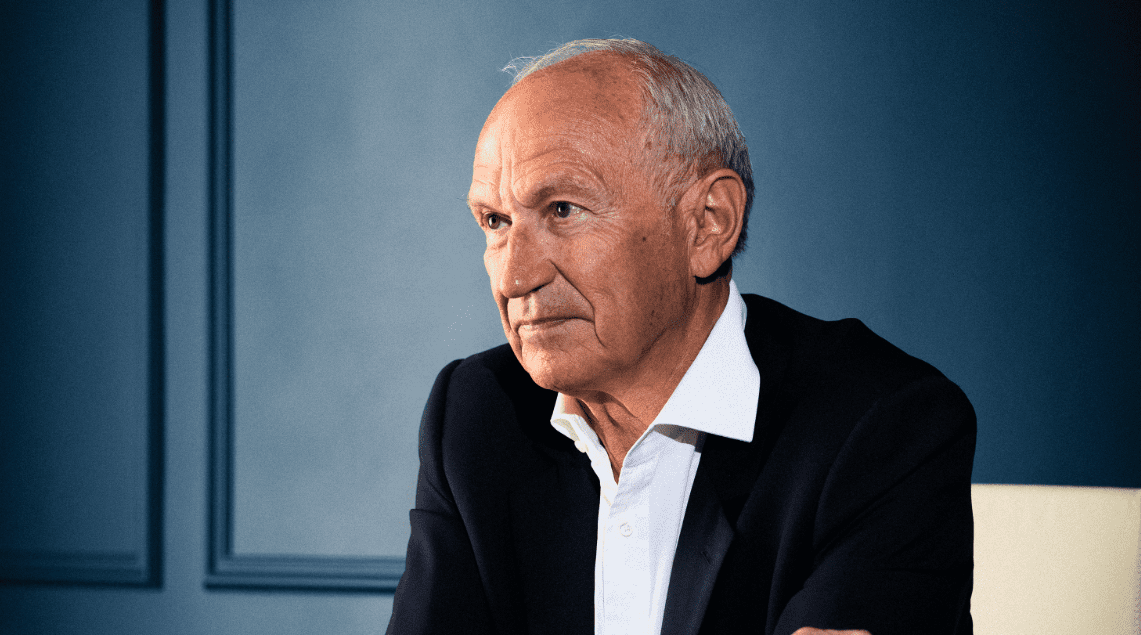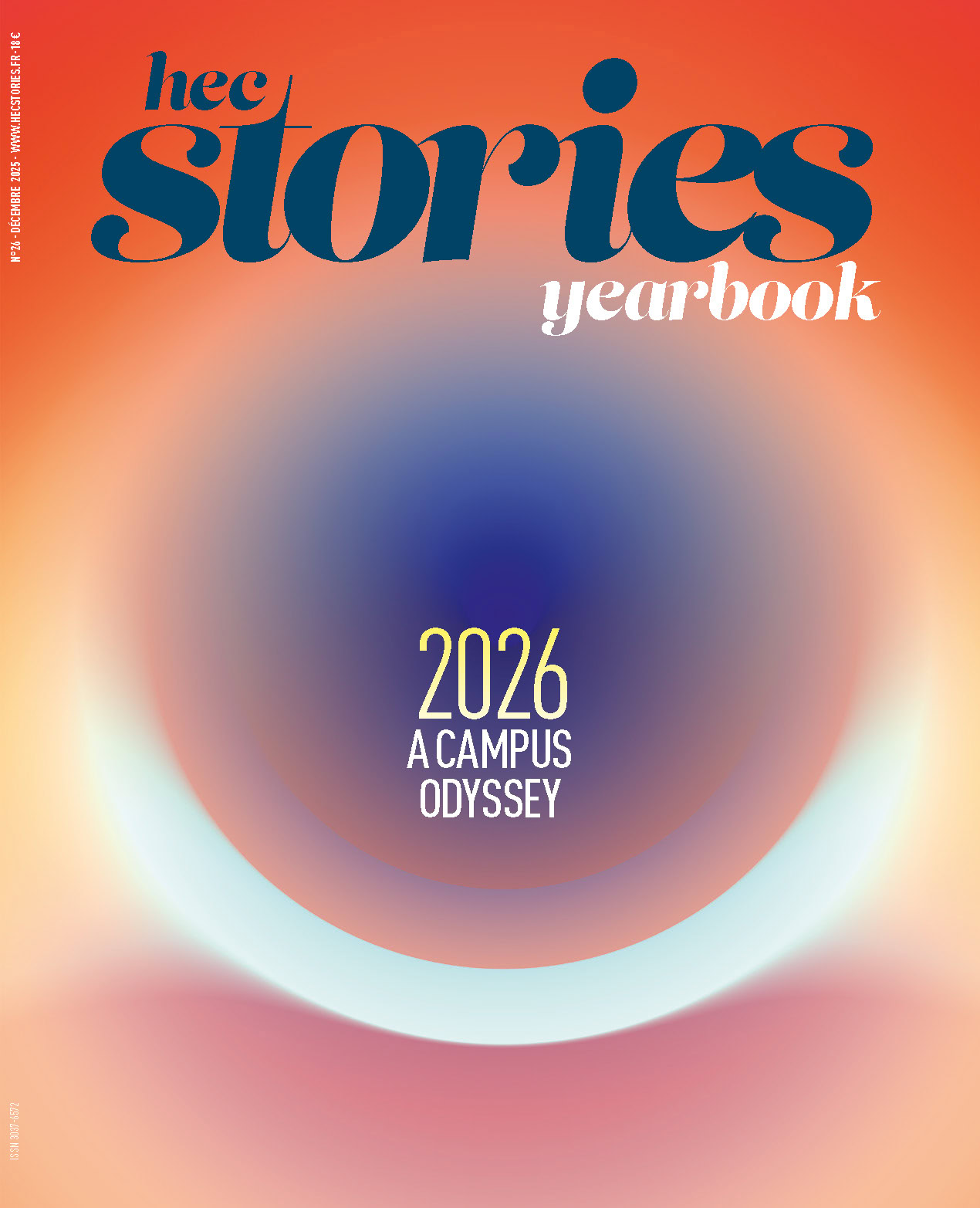Jean-Paul Agon (H.78), new President of HEC Paris

Former CEO of L’Oréal and graduate of the Grande École in 1978, Jean-Paul Agon was appointed Chairman of the Board of Directors of HEC Paris on April 7. Meeting with a visionary alumni.
What memories do you have of your years on campus?
Jean-Paul Agon: It was a very beautiful time in my life. After years of very intense preparatory studies, I had a feeling of euphoria and liberation. As I was working part-time in an advertising agency, I was not living on campus. The teaching was very concrete and really prepared me for my professional life. I had chosen the finance option because it was the most prestigious, and that pleased my parents. Fortunately, my finance teacher advised me to go into marketing. That’s what I was made for. When I joined L’Oréal in marketing, I actually found the job of my life. The one that corresponded exactly to my talents. In 1975, HEC had just created the entrepreneur option, which I chose, because it really prepared students to think about opportunities, to be bold, to appreciate risk-taking and above all to learn to dare. I really like this definition of entrepreneurship where you have to dare all the time.
How do you feel about this new responsibility at HEC?
Jean-Paul Agon: When I was appointed President of HEC Paris, I felt enthusiasm, joy and great pride. I could never have imagined myself becoming president when I was at school! I have a special affection for HEC and I am very happy to be able to contribute to the development, influence and transformation of the school, alongside Éloïc Peyrache, Olivier Sevillia (MBA.90), the President of the HEC Foundation, Daniel Bernard (H.69), its Honorary President, Adrien Couret (H.07), the President of HEC Alumni, and Dominique Restino (E.97), the President of the Paris Ile-de-France Chamber of Commerce. The world is changing so much that there are a lot of things to put in place to adapt the school.
What are your goals and desires for the coming years at HEC?
Jean-Paul Agon: The HEC School must be an international pioneer in several areas. A bit like I tried to do at L’Oréal, during my fifteen years as general manager, a leading and exemplary company in its sector. I think that HEC should have the same ambition. I am going to meet with all the players at the school – professors, heads of education programmes, key players on campus, and students – to define the various objectives with them. We are at a turning point in the world, and the school must be at the forefront. Preparing a young person for the world of today and tomorrow means being ahead of the game on societal issues such as the environment, diversity and inclusion. At the same time, we need to think about a hybrid way of delivering education. Covid and the technological leap mean that face-to-face and distance learning, and even virtual learning, can coexist. And I also believe a lot in dual training, like Hi! Paris, an interdisciplinary centre created by HEC and the Paris Polytechnic Institute. The world has changed and there are still a lot of things to invent for tomorrow. As we say in English, « You should leave no stone unturned ». To imagine the world of tomorrow, we have to reinvent everything by relying on the great strengths of HEC. With Éloïc Peyrache, we have a lot of ideas to transform the school.
You say that the role of the school is to precede the evolution of the world.
Jean-Paul Agon: Absolutely! The school must be the lighthouse that illuminates the transformation of the world. We have to light the way. The HEC Imagine Fellows scholarship, created thanks to the commitment of Adrien Nussenbaum (H.01) with the HEC Foundation, is completely in line with this: it finances the studies at HEC Paris of students from countries in conflict. It is a remarkable idea and, unfortunately, a topical one. This initiative is emblematic of the new HEC, of this school anchored in the world through social and societal issues. This kind of boldness in solidarity can be imagined in many areas.
Are there any alumni who have informed your career path?
Jean-Paul Agon: What’s great is that there are HECs in finance, of course, but also in culture, politics, religion and sport. This community of 68,000 people is very eclectic. One of the strengths of this school is that it attracts very different profiles without cloning or formatting them. I have met many alumni during my professional life but if I had to remember one in particular, it would be Pierre Bellon (H.54), the founder of Sodexo, whom I knew very well [Pierre Bellon passed away this year in January, Editor’s note].
Published by Daphné Segretain

